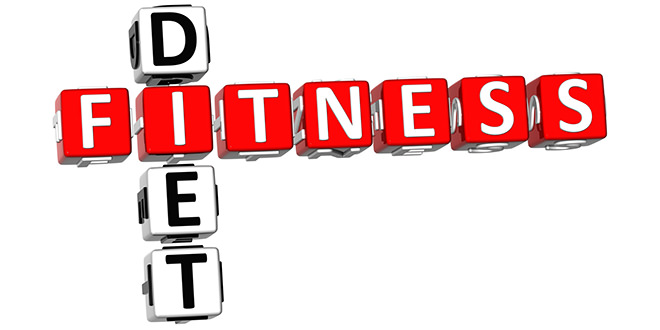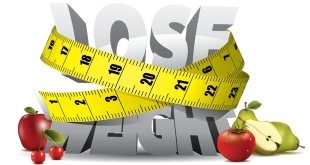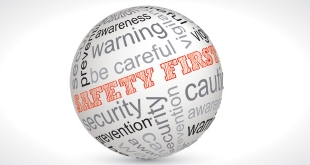Despite what you might have heard, eating for lean mass isn’t a science. The body requires nothing more than growth stimulation from your workouts and a nutritious calorie intake in excess of your daily maintenance needs in order to grow.
Gaining mass, ideally lean mass, can become really hard if you’re not supplying your body with the right kind of nutrition. The human body needs plenty of protein (but not too much, keep reading), vitamins, minerals, plenty of healthy fats, and some complex carbohydrates to grow muscle.
Calorie recommendations for lean muscle growth:
We’re questing for as much lean mass as possible, not bulking up like a bodybuilder in off-season training mode! In order to gain muscle mass, we must add additional calories to the diet, above and beyond what’s burned throughout the course of the day (known as caloric maintenance needs).
To do this effectively, add around 300 calories to your diet for a month, then assess your progress. If you find you’re still not gaining weight, despite the additional calories and consuming the right amount of protein, add another 200 – 300 calories to your diet to encourage muscle growth.
Hard gainers: ie., you never gain weight no matter how often you work out or how much you eat. Hard gainers will want to start by consuming at least 500 calories above your daily maintenance needs. If after a month you haven’t gained muscle, add 500 calories to your diet at that time. Reassess every month and keep adding 500 calories more every time until you start to make progress.
*Remember, we’re trying to add lean mass. Adding too many calories too quickly will result in extra fat being gained. A slow and steady approach will ensure the most desirable results.
To determine your current maintenance needs to figure out how many extra calories you should consume, use the Mayo Clinic calculator.
Protein recommendations for lean muscle growth:
Everyone’s body is different. Most people will be able to build lean muscle eating around 0.7 grams of protein per pound of body weight (e.g., a 150-pound person would eat 105 grams from quality sources).
If you’re a hard-gainer, who can maintain their current body weight – and a six pack – from eating nothing but McDonalds, ice cream, and cupcakes all day, you’ll likely need much more. Hard gainers might require as much as 1.5 grams per day (egg., a 150-pound hard gainer would consume 225 grams from quality sources).
Though the FDA recommends eating much less, their recommendations are for healthy body weight maintenance and don’t address the need for additional protein for muscle growth.
Keep in mind that eating way more than what’s recommended for muscle growth isn’t good either. Too much protein over time leads to excess inflammation throughout the body, causes cancer and shortens your lifespan (learn more).
Fats, carbohydrates, vitamins and minerals.
Fat from natural sources is essential to a healthy diet. Omega 3s from fish and supplements helps to reduce inflammation and protect your heart. Healthy saturated fats, such as those found in meat, nuts, avocados, and dairy products help to give you energy while you working out.
Carbohydrates are a topic where you’ll find lots of varying opinions. Some sources, like a naturopathic doctor and online health expert, Joseph Mercola, recommend eating no more than 50 – 70 carbohydrates a day for optimum health. This is because excess sugar causes type II diabetes; consuming healthy fats for energy does not. You’ll have to decide what works best for you. Some people simply cannot get up the energy for a workout without consuming plenty of carbs.
Essential vitamins and minerals are found naturally in the meat, veggies, nuts, dairy and fruits we eat. In general, green vegetables provide most of the vitamin/mineral content we need and are also low in calories. Eat as many of these as you wish and you’ll be assured you’re getting the iron, calcium, vitamin C and B vitamins you need to sustain muscle growth. Mix in a variety of nuts and dairy, along with your main protein sources, and it’s unlikely you’ll be deficient in this area.
High Protein Foods
- Lean Red Meat
- Chicken
- Pork
- Fish (Tuna, Salmon, Halibut, Trout)
- Lean Turkey
- Whole Eggs
- Milk
- Whey Protein Shakes
- Greek Yogurt
- Cottage Cheese
- Peanut Butter
Healthy Fats/Carbs
- Almonds
- Avocados
- Oatmeal
- Whole Grain Rice
- Sweet Potatoes
- Yams
- Beans
- Leafy Greens
To determine appropriate portion sizes for any food you want to include in your diet to gain lean mass, simply enter the food name in the search box using the SELFNutritionData lookup tool.
When combined with a solid workout program for gaining mass, a proper diet geared toward building lean mass is all you need to get the job done right.
 Best Home Gym Reviews and Tips for Your Home Gym
Best Home Gym Reviews and Tips for Your Home Gym






